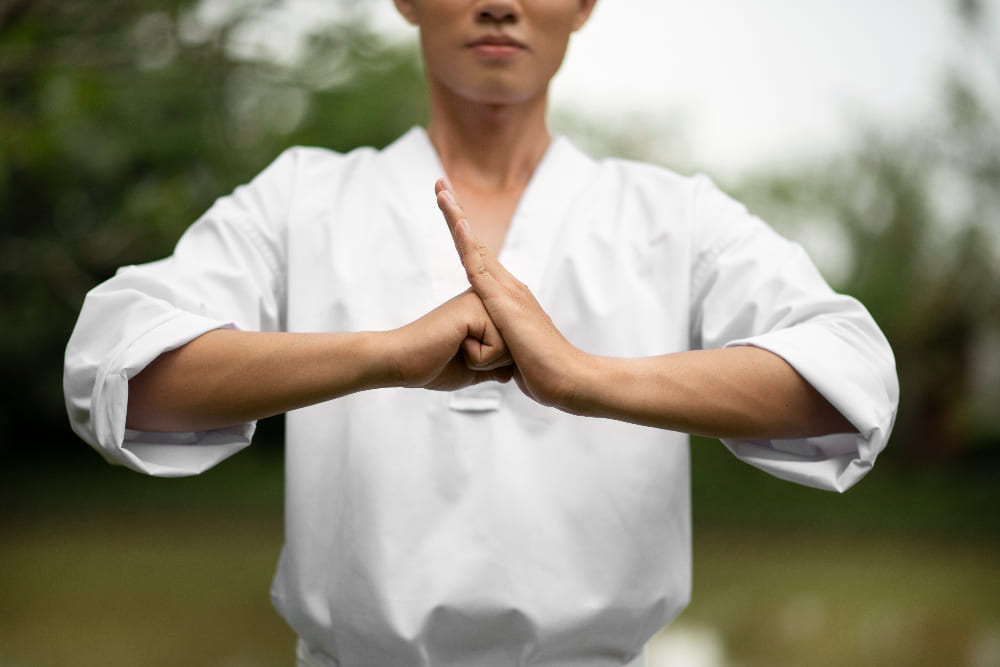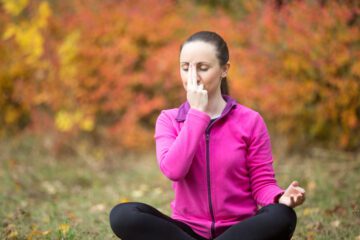Tai Chi is an ancient Chinese discipline that combines slow, intentional movements with deep breathing techniques. Its roots as a martial art have been preserved and evolved into a practice widely recognized for promoting health and well-being. When you explore the potential of tai chi classes, the benefits extend beyond physical health to include mental clarity and emotional balance enhancements. This focus on inward and outward aspects of self aligns with broader principles that various meditative and physical practices embrace.
Tai Chi offers cardiovascular advantages while reducing stress and anxiety, which makes it appealing to a diverse range of practitioners. The systematic approach to each movement serves as a meditative process, providing both a mental escape and a physical workout in a balanced, harmonious way.
The Mental Benefits of Tai Chi
One of Tai Chi’s core attractions is its profound impact on mental health. Contemporary studies have shown that it significantly lowers anxiety levels and improves concentration abilities. The intentionally slow and reflective movements of Tai Chi encourage a state of mindfulness, which is essential for mental well-being. Mindfulness is about maintaining a moment-by-moment awareness of our thoughts, feelings, bodily sensations, and surrounding environment.
As Tai Chi practitioners regularly engage in these exercises, they develop a heightened sense of presence and control over their thoughts, cultivating a mental resilience that is advantageous in navigating life’s complexities. Strengthening this mental fortress is among the most cherished outcomes of adopting Tai Chi as a regular practice.
Physical Health Improvements Through Tai Chi
Beyond mental clarity, Tai Chi is synonymous with improvements in physical health. Its gentle, low-impact movements increase flexibility, balance, and muscular strength. Unlike more intense forms of exercise, Tai Chi offers a sustainable option for those who wish to incorporate more physical activity without the risk of injury. It’s a style that invites people across different age groups and fitness levels.
Regular practice helps improve proprioception, the ability to sense the position and movement of our body parts. This makes Tai Chi an effective exercise for balance enhancement and fall prevention, especially in older adults. In addition, Tai Chi has also been shown to promote heart health by lowering blood pressure and cholesterol levels.
Emotional Resilience and Tai Chi
While enhancing physiological capabilities, Tai Chi also acts as a catalyst for emotional growth and resilience. Regular practice aids individuals in achieving a calm state of mind, which is pivotal in dealing with emotional turbulence. The rhythmic pattern of Tai Chi offers a serene mental space where practitioners can recalibrate their emotions and foster positivity and clarity.
This emotional equilibrium reached through consistent practice helps navigate personal challenges with increased psychological resilience. The peaceful interplay of Tai Chi movements encourages the release of tension and the cultivation of a more balanced emotional state.
That sounds great, but how do you get started?
Embarking on a Tai Chi journey doesn’t require significant commitment or expertise. Cities worldwide have embraced Tai Chi’s appeal, offering classes in local gyms, parks, and community centers. These setups allow beginners to learn the foundational movements in a supportive environment. Additionally, the rise of modern technology provides wider access through online tutorials, videos, and virtual classes, offering the chance to learn from home at your own pace. Whether you seek a group setting or prefer practicing solo in your living room, Tai Chi remains an accessible and inclusive activity.
Delving into the Philosophy of Tai Chi
Understanding Tai Chi’s rich philosophy elevates the practice from mere physical exercise to a more profound life philosophy. It draws heavily from the concept of Yin and Yang, emphasizing the significance of finding harmony in opposites. This philosophy teaches practitioners to balance their mental, physical, and emotional states to achieve peace and wellness.
By exploring these philosophical tenets, individuals often find deeper meanings and relatable insights that expand beyond Tai Chi into their daily lives. This understanding encourages living with intention, fostering authenticity, and recognizing the interconnectivity of all things.
Making Tai Chi a Part of Your Lifestyle
Integrating Tai Chi into one’s lifestyle doesn’t necessitate extensive time. Even short, regular sessions each day can lead to substantial changes. Morning practices help establish a positive mindset, while evening sessions offer a decompression moment. Over time, these practices promote a lifestyle shift that values tranquility, presence, and balance. Tai Chi’s accessibility and adaptability allow it to fit seamlessly into various routines, making it an ideal solution for integrating wellness into daily life.




